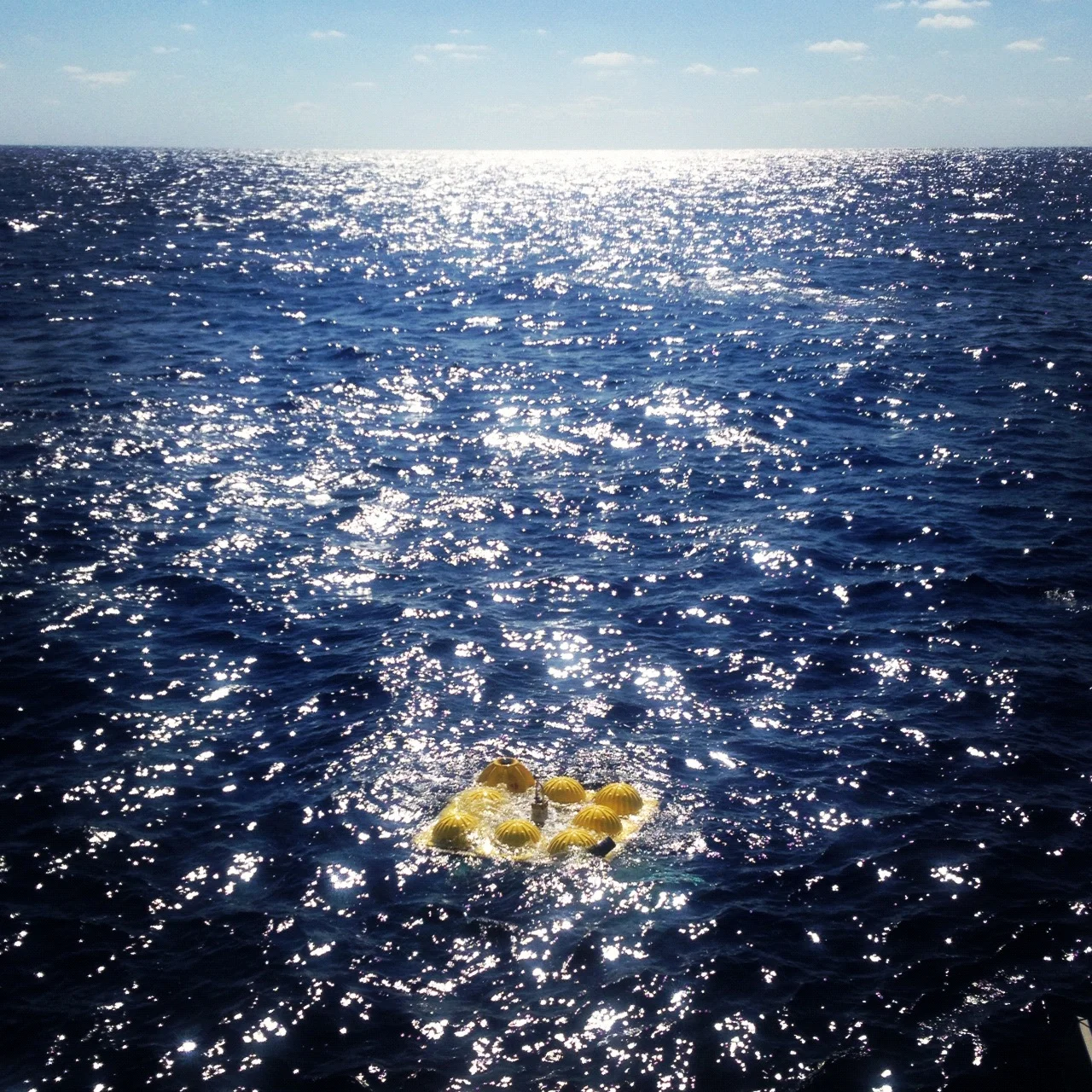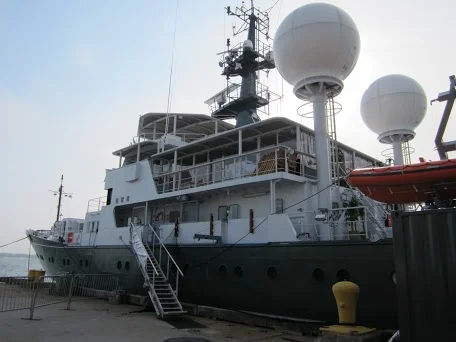Note: This is a guest post by Dr. Beth Orcutt, Senior Research Scientist at the Bigelow Laboratory for Ocean Sciences in Maine. Orcutt is a participant in the ECOGIG project and will be blogging here about her experiences on the March 2013 RV Pelican ECOGIG cruise to deploy deep-sea landers in the Gulf of Mexico.
Pictures and log from the November 2012 ECOGIG cruise aboard the R/V Falkor
The November, 2012, ECOGIG research cruise aboard the R/V Falkor has been successfully fulfilling its mission to study the repercussions of the Macondo blowout on Gulf of Mexico benthic ecosystems. Below are some pictures from the cruise taken by Debbie Nail Meyer (of Schmidt Ocean Institute, owner and operator of R/V Falkor and contributor of the operations of R/V Falkor, all of its embedded equipment, ROV Global Explorer MK3, as well as the associated technical and logistical support for this ECOGIG research cruise).
The ECOGIG project conducts another cruise in its post-Macondo time series
Two researchers from the University of Georgia - Post Doc Sara Kleindienst and PhD student Maggie Esch - are part of a twelve person science team led by chief scientist, Ian MacDonald (Florida State University), that is sailing on board the research vessel Falkor to study the repercussions of the Macondo blowout on Gulf of Mexico benthic ecosystems. The cruise will sail between Nov. 6 and Nov. 28, 2012.
ECOGIG Cruises: Spring-Summer 2012
Our new Gulf of Mexico research project—“ECological Impacts of Oil and Gas Inputs to the Gulf”—will involve at lot of time at sea over the next few years. The project had its first cruise on board the R/V Endeavor in April 2012 and successfully deployed two instrumented landers for long-term monitoring of seafloor-water column chemical exchange. Johanna Schweers represented the Joye group on the cruise.
Research and resources
During the summer of 2011, the group will participate on two research expeditions to the Gulf of Mexico to further explore the distribution and fate of oil in the deepwater sediments and to monitor the activity water column and benthic microorganisms. These expeditions will provide another time point in the extensive time series data set we have accumulated pre- and post- Macondo Blowout.





